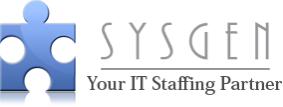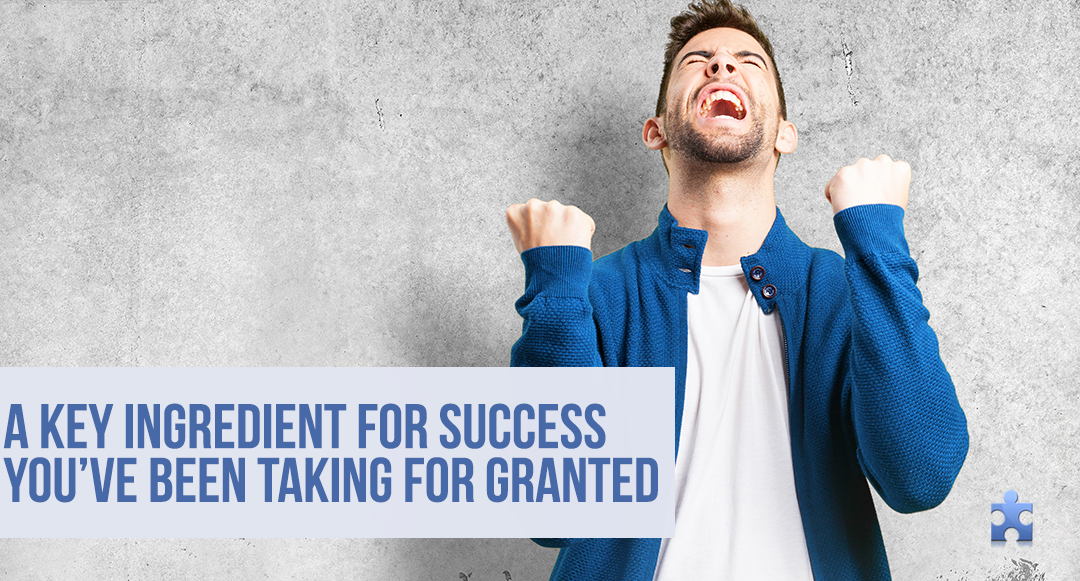“People who are drunk outperform those lacking sleep.” – Harvard Medical School, Division of Sleep Medicine
Success is everybody’s endgame. Although we measure success in different terms, it’s safe to say we’re a little obsessed with it.
Much has been said about success and formulas for success. Most of these, however, focus on things you ought to do on your waking hours such as taking care of your body, enhancing your skill set, fostering a personable personality, and engendering grit among others.
But there’s one vital ingredient we often miss: Sleep.
Lack of sleep has become a symbol of swag-ness. And sometimes we find ourselves in a sleep-upmanship — getting ahead of someone else in terms of who slept the least last night as if a lack of sleep is a symbol of excellence.
Among I.T. professionals, sleep-deprivation is not uncommon. While you might treat the need to not sleep early to finish some codes, or any work for that matter, as a need, this could get you in serious trouble.
Most people sleep much less than they really need and are under-performing because they think they’re getting enough. Some discover this the hard way.
Arianna Huffington, co-founder, and editor-in-chief of The Huffington Post, was one of those frantic types who underslept and overworked until she collapsed unexpectedly from exhaustion one afternoon.
In her talk at TED, Arianna talks about the power of sleep. She criticized how we dignify sleep-deprivation and treat it like a symbol of virility.
So, how does sleep deprivation affect us in the workplace?
Sleep Affects Not Just Your Productivity
There are works of literature about sleep deprivation and its effects on productivity. In fact, the discourse about sleep and health in the workplace focus on the sleep-productivity discourse.
Another interesting perspective on sleep-deprivation is the so-called “prolonged wakefulness”. Studies have found out that prolonged wakefulness has adverse effects on innovative thinking, and may, in fact, damage corporate objectives in the process.
Lack of sleep primarily affects the prefrontal cortex of the brain. The prefrontal cortex is responsible for innovation, self-control, and creativity. Lack of sleep can greatly impair the functions of the prefrontal cortex. As a matter of fact, a study has estimated that a total of 24 hours of sleep loss can pose adverse effects to the brain.
So, yes, lack of sleep not only affects our productivity, but also our creativity, and innovative capacity.
Sleep-Deprivation And Stress: A Vicious Cycle
In the corporate America, about 2 out of 3 Americans self-reported that lack of sleep or little sleep was a major source of their stress.
“In the sleep world, stress is to sleep as yin is to yang — opposite forces that are forever linked,” Dr. Chris Winter said in an article in The Huffington Post. “Stress prevents sleep. Sleep deprivation increases stress and its consequences,” he added.
A study confirms that 24 hours of sleep deprivation can significantly raise stress hormone level.
Sleep deprivation and stress greatly affect an individual’s predisposition, especially at work.
Not All Naps Are Created Equal
Napping is a famous productivity hack we can resort to. Some of our greatest minds (e.g. Einstein, Edison, Marx), and most powerful men and women of the world (e.g. Churchill) are famous for their peculiar nap routines. Indeed, napping can go far in improving work performance.
How do you maximize a nap?
For starters, limit your nap time to 30 minutes. Longer naps can lead to drowsiness. It will make it also harder to sleep at night. Time your nap between 2 p.m. and 3 p.m. to match the low point of the body’s circadian cycle.
If you know some terrific napping techniques, feel free to share them with us and let’s sleep our way to success!
Sources
JA, H. (2017). One night of sleep loss impairs innovative thinking and flexible decision making. – PubMed – NCBI . [online] Ncbi.nlm.nih.gov. Available at: https://www.ncbi.nlm.nih.gov/pubmed/10329298 [Accessed 22 Nov. 2017].
HuffPost. (2013). Break The Sleep/Stress Cycle. [online] Available at: https://www.huffingtonpost.com/2013/04/22/stress-less-challenge-day-9_n_3135248.html?utm_hp_ref=sleep [Accessed 22 Nov. 2017].
Joo, E., Yoon, C., Koo, D., Kim, D. and Hong, S. (2012). Adverse Effects of 24 Hours of Sleep Deprivation on Cognition and Stress Hormones. Journal of Clinical Neurology, 8(2), p.146.
Health Ambition. (2015). What Are The Health Benefits of Power Naps?. [online] Available at: https://www.healthambition.com/benefits-of-power-naps/ [Accessed 22 Nov. 2017].
Newcomb, S. (2017). The Surprising Health Benefits Of Napping. [online] The Sleep Judge. Available at: https://www.thesleepjudge.com/benefits-of-napping/ [Accessed 8 Feb. 2018].

